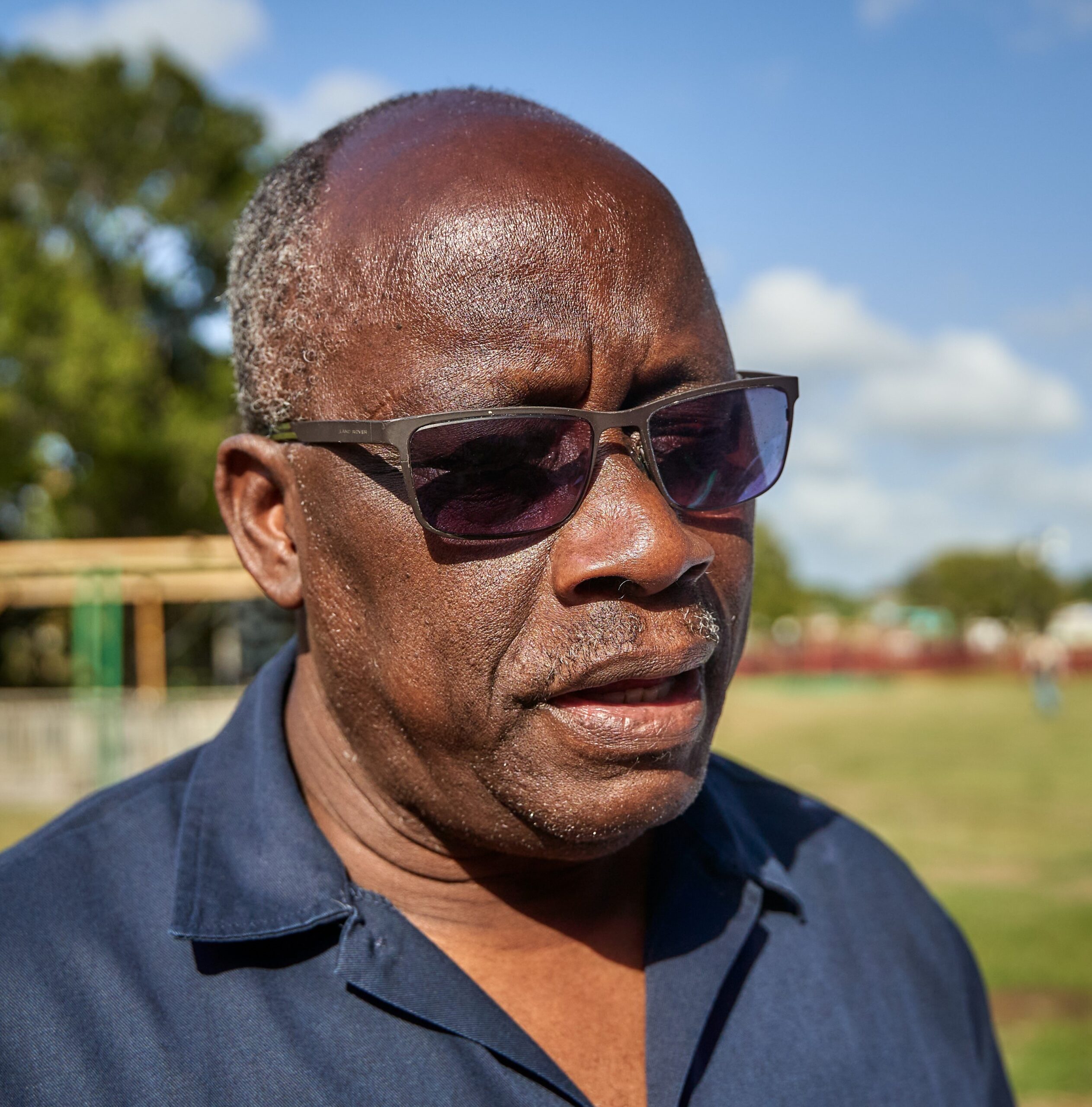Barbados Agricultural Society Navigates Dairy Heifer Import Plans Amid Supply Concerns

July 17, 2024
Barbados plans to import pregnant dairy heifers from Canada due to a ban on US cattle imports. Farmers seek to boost milk production amid low supplies and challenges from the heat.
If all goes according to plan Barbados will be importing a number of pregnant dairy heifers from Canada in the coming weeks, Barbados TODAY has learnt.
On Tuesday Chief Executive Officer of the Barbados Agricultural Society (BAS) James Paul reported that since an import ban was placed on cattle coming from the United States two months ago, the farming community was left scrambling to find an alternate source.
However, he said that farmers were deep in talks with an entity in Canada and if all goes well, dairy farmers will be embarking on a fresh import deal.
Dairy farmers are in desperate need of imported stock to boost milk production on the island as the sweltering heat and other factors have severely impacted their animals’ ability to produce sustainable quantities of milk for domestic consumption and external markets.
Currently, there are low supplies of some locally-produced milk products on supermarket shelves.
“We are currently working on an alternative source out of Canada and hopefully we should be able to complete [our discussions] later this week,” he said. He explained that the prospects were “favourable” for the Canadian imports giving dairy farmers some hope.
Originally, the farmers were planning to spend $1.5 million to import 320 pregnant climate-resistant heifers and the first batch of animals – 214 – was due to arrive by plane in June and the remainder later in the year.
This plan was halted when the Chief Veterinary Officer Dr Mark Trotman announced in May that there was a ban on importing cows from the United States due to an outbreak of bird flu (H5N1) in cattle, which was also being contracted by farm labourers.
This is the first time globally that human transmission occurred from cattle.
Paul is however concerned that the farmers may not get the quantity of heifers they hope for.
“We won’t have quite the number but we are finalising those details as we speak. I hope that by the end of this week we should be in a position to indicate our arrangement,” he added.
Meanwhile, Trotman told Barbados TODAY in an update that it was still too soon to tell when the ban could be lifted, underscoring the need to protect the local agricultural industry.
“The ban is still in place because it is what we consider an unprecedented and emerging disease and scientists are still doing a lot of work trying to figure out how it is going to behave. So until we get more information on what is safe and what is not safe, [the ban will remain in place] . . . It’s an evolving situation and I may lift the ban depending on what the science says. I cannot tell you when I will lift it, or if I may implement more restrictions as the science develops, it is just too early to say. But scientists in the States are aggressively trying to get a handle on it to understand the epidemiology of it and we will make a decision as the science becomes clearer,” he explained.
The restriction only applies to live cattle and not cattle meat or other livestock or livestock products.
Trotman said that the ban manages an uncertain situation, safeguarding against potentially devastating outcomes should bird flu reached these shores.
“We don’t know and that is the scary part,” he said. “We don’t know if the virus is imported in the cattle, if it is transmissible to other cattle, if it would just affect the cattle that was imported. We know the virus has been isolated in milk and that could have an implication for the milk that we produce from the imported cattle. There are just so many unknowns but those are the potential risks if we had imported them notwithstanding the outbreak that is occurring.”
sheriabrathwaite@barbadostoday.bb


